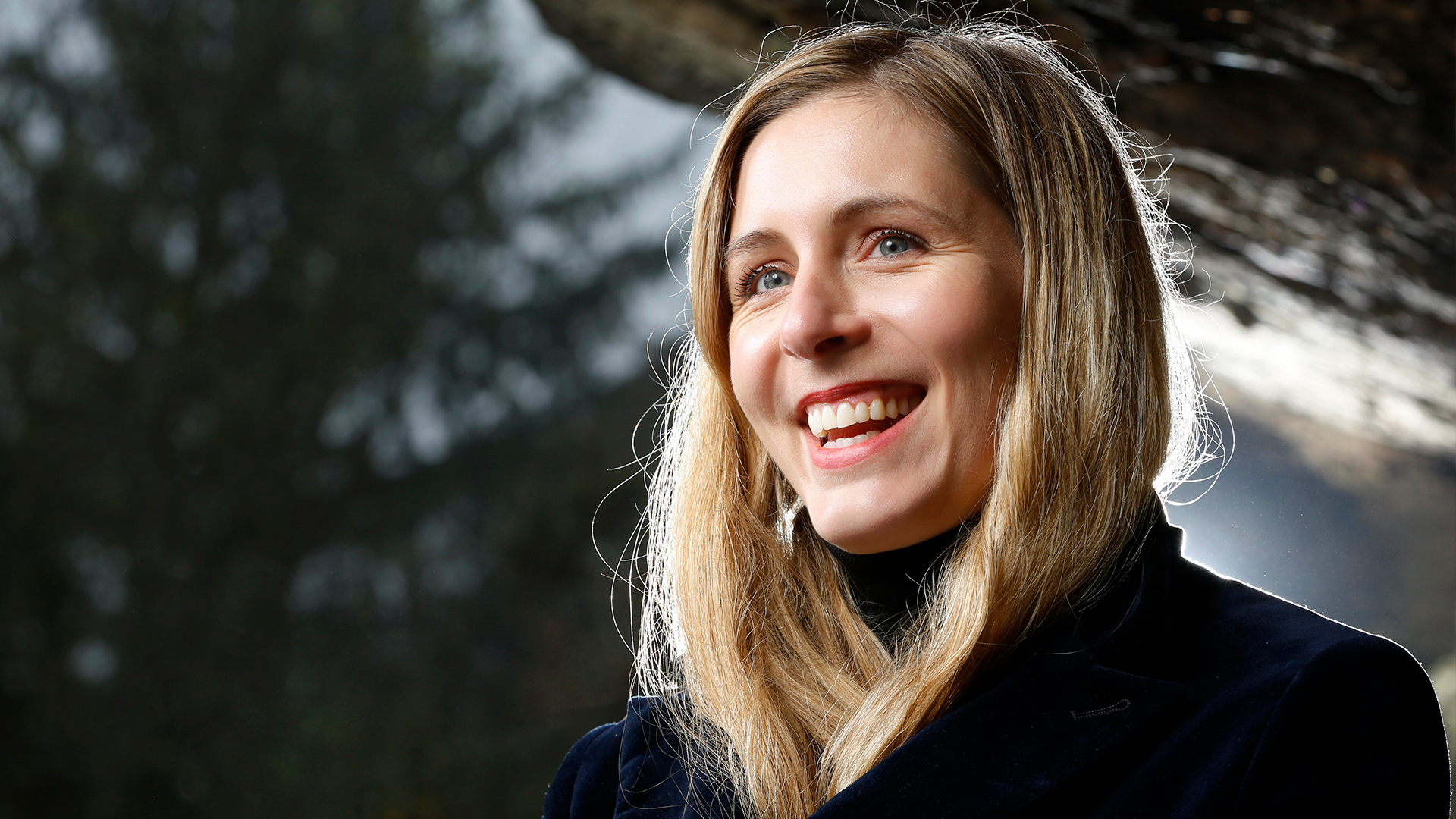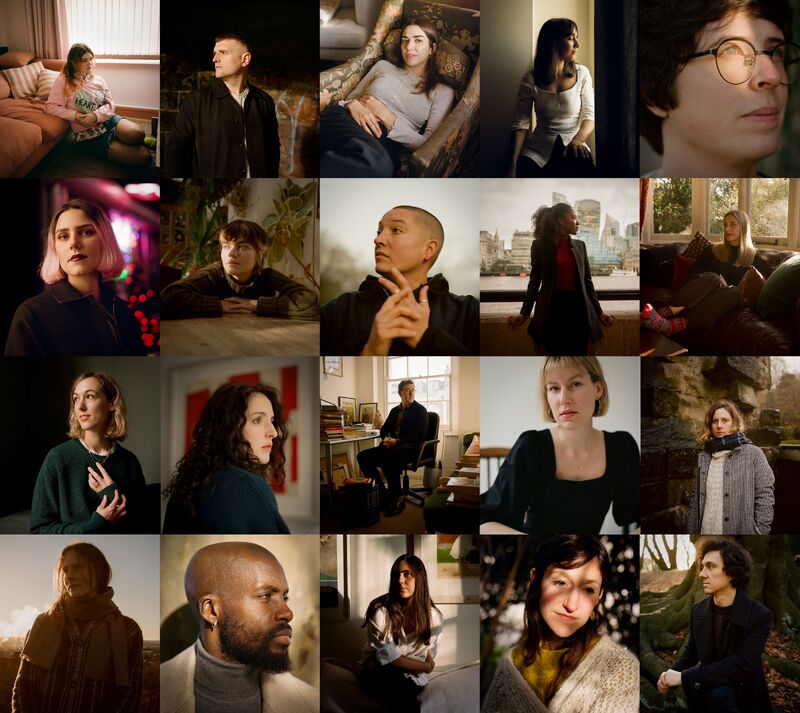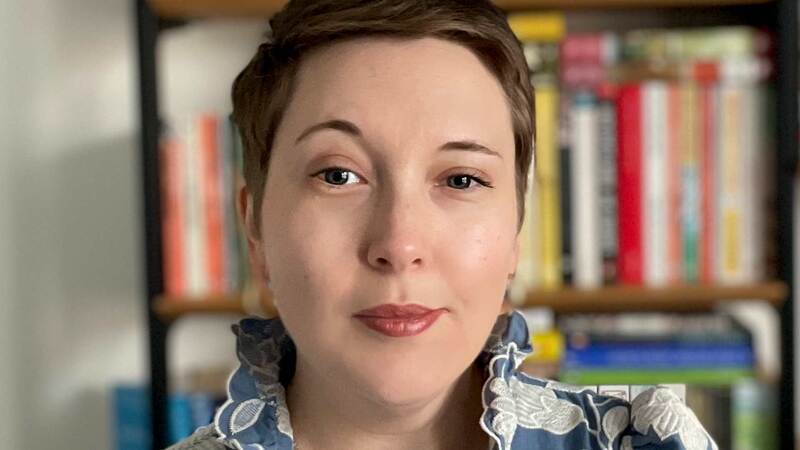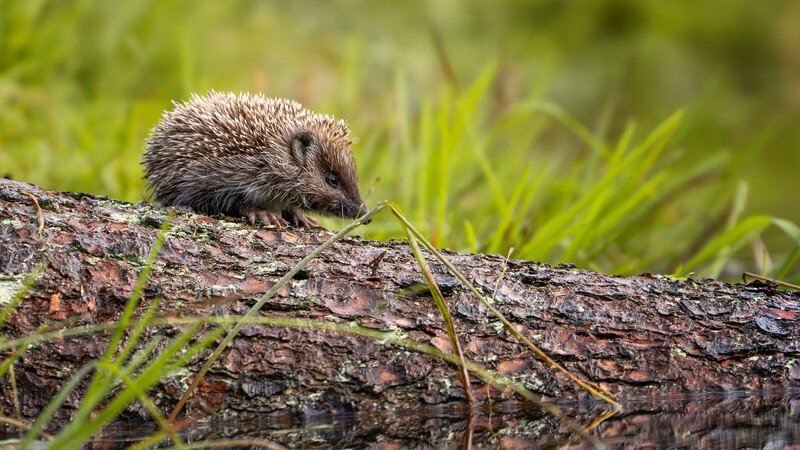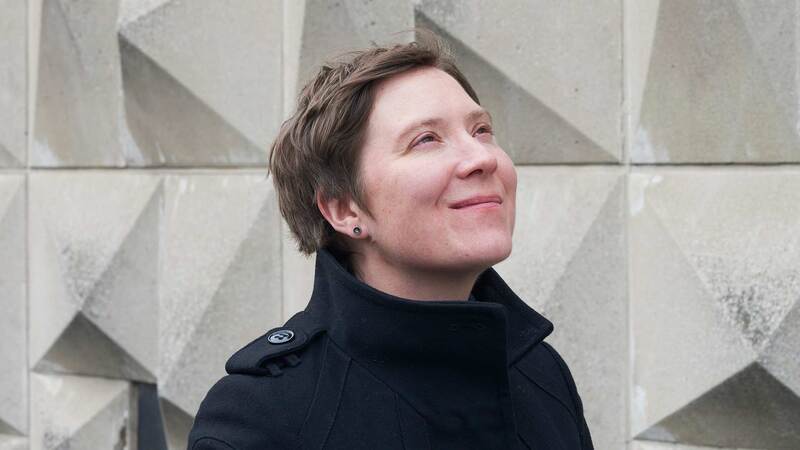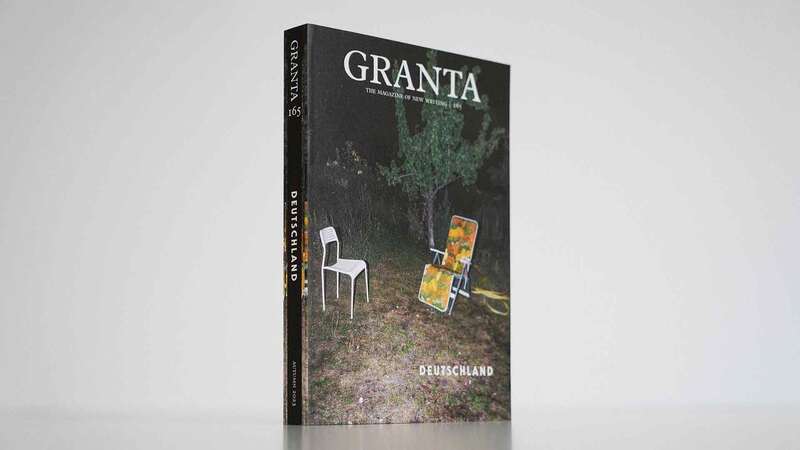You are viewing your 1 free article this month. Login to read more articles.
Granta unveils a Best of Young British Novelists list replete with women writers
Granta magazine has unveiled the latest iteration of its influential, once-in-a-decade list of the Best of Young British Novelists under the age of 40, outlining a new generation of writers in which women are the dominant voices.
Fifteen of the 20 writers on the new list are women, ranging from Granta’s own Booker winner Eleanor Catton and more established authors such as Sara Baume and Olivia Sudjic, to those who have made an impression with just one published book such as Natasha Brown (Assembly, Hamish Hamilton) and Jennifer Atkins (The Cellist, Peninsula). The roster also features Granta’s first trans-masculine writer, K Patrick, whose debut (Mrs S, Fourth Estate) isn’t published until the summer. Among the men featured on the list is Desmond Elliott Prize winner Derek Owusu (That Reminds Me, #Merky Books).
The selection, which took over two years to bring together, was judged by authors Rachel Cusk, Helen Oyeyemi, Tash Aw and Brian Dillon, chaired by outgoing Granta magazine editor Sigrid Rausing, from a longlist compiled by the Granta editorial team.
Named on the full list are: Graeme Armstrong, Jennifer Atkins, Sara Baume, Sarah Bernstein, Natasha Brown, Eleanor Catton, Eliza Clark, Tom Crewe, Lauren Aimee Curtis, Camilla Grudova, Isabella Hammad, Sophie Mackintosh, Anna Metcalfe, Thomas Morris, Derek Owusu, K Patrick, Yara Rodrigues Fowler, Saba Sams, Olivia Sudjic and Eley Williams.
The selection has a marked focus on authors at the very start of their careers and includes some whose work has hitherto had relatively little public attention. Luke Neima, deputy editor of Granta, told The Bookseller: "The best thing the list can do is really help a younger writer to embark on their career; I think what the judges wanted was ambitious work, work that shows promise — they were thinking about the potential careers of these authors, not just the work that had been done."
Neima said it was "striking" to have so many women on the latest list, a stark contrast to, say, the 1993 selection, which featured just six female authors. Describing the changed gender balance as "to an extent a reflection of the times and the publishing industry as it is," he commented: "That said, we did read a huge number of talented young male novelists, though only four of them made it on this list, there were a lot of strong young voices; we have all been struck by how fine the line is between inclusion and non-inclusion. But breaking down the gender barriers is an important thing, and many publications are [still] dominated by male authors and male writers."
The latest list also features a less overtly London-centric selection than in previous years — Eliza Clark, author of Boy Parts (Influx) hails from Newcastle, for example, and historical novelist Tom Crewe (The New Life, Chatto) from Middlesbrough — as well as authors from a broader of backgrounds than has been the case previously: Graeme Armstrong, for example, grew up within Scotland’s gang culture, the theme of his novel The Young Team (Picador).
Notably, the latest Granta list has also taken a far more flexible approach to what constitutes a "British" novelist, eschewing a rigid definition of being born in Britain or bearing a British passport, to include authors who have simply chosen to make their home here: Catton, for example, who writes about New Zealand, where she grew up, is included because she has chosen to base herself in the UK in recent years; Sarah Bernstein, whose second novel Study for Obedience is out from Granta in July, was born in Montreal but has made her home in the Scottish Highlands. "When we were first thinking about the guidelines we were feeling a bit resistant to this sense of Britishness as a passport, it was quite a jingoistic moment in the wake of Brexit and we wanted to try and open up that question of identity and be inclusive on that front," said Neima.
Rausing said of the list: "If this generation has a theme, I would say it’s pollution, in the largest sense – both to do with the destruction or degradation of nature and urban environments, but also the taint of – again – connectivity, the pervasive sense of perceiving other minds and bodies as a threat. A diminishment of pleasure. There is no particular sense, to me, of the ‘woke’ moment on this list, but rather a subterranean sense of uncertainty, of creative minds mistrusting not experimentation, exactly, but the anarchic exuberance of experimentation."
Neima highlighted that, by definition born after 1983, all the authors are therefore Millennials, and might be expected to show the influence of the internet on their literary work: "A surprising takeaway is that in fact quite a lot of the writers are consciously engaging with much older traditions and working all these dense, convoluted, stylised paragraphs that really demand attention from you. It’s a real rejection of the brevity of attention of the internet; with Sarah Bernstein you need your full attention and the same is true of K Patrick, Olivia Sudjic and Eley Williams — it runs against that received wisdom of what’s happening to literature."
The next issue of Granta magazine, out on 27th April, will showcase the list, with a Foyles day festival for the authors taking place on 29th April. Also in the pipeline is an international tour with the British Council later this year, while a libraries tour is planned in partnership with The Reading Agency.





